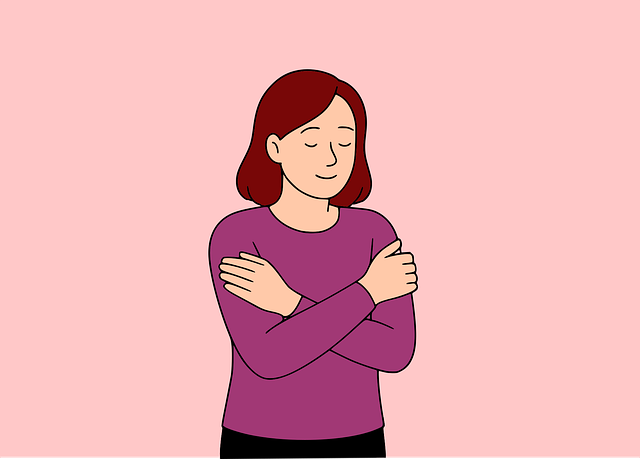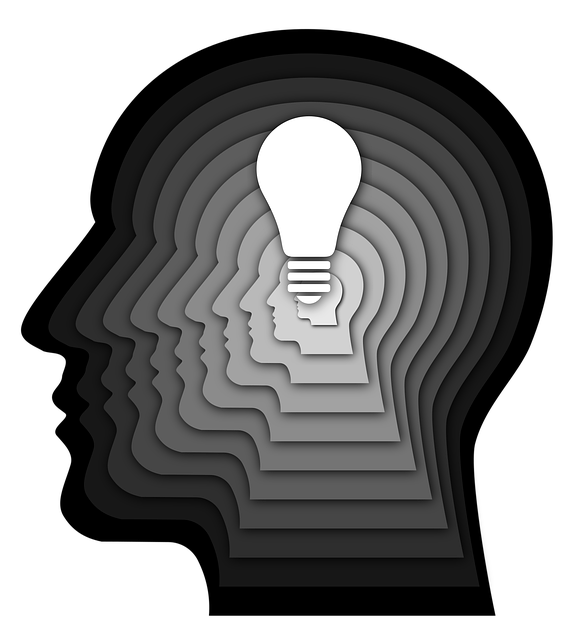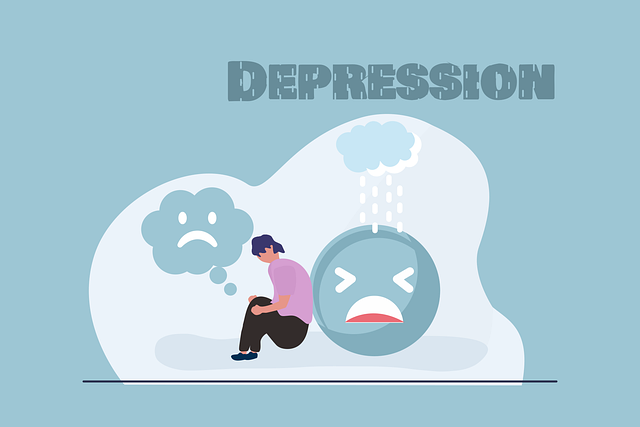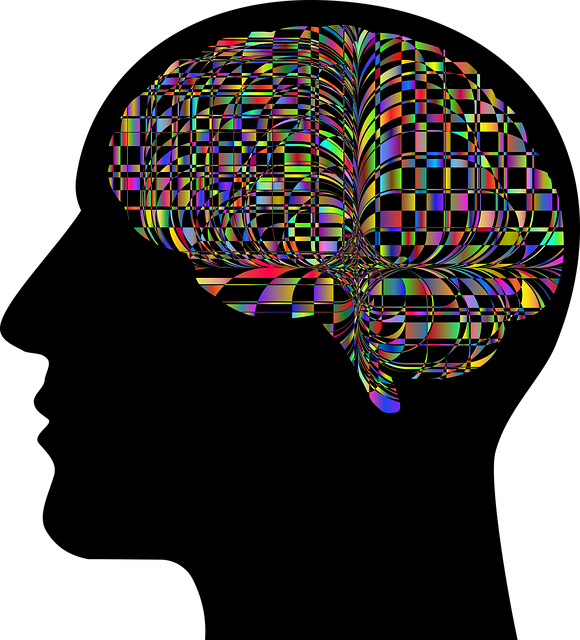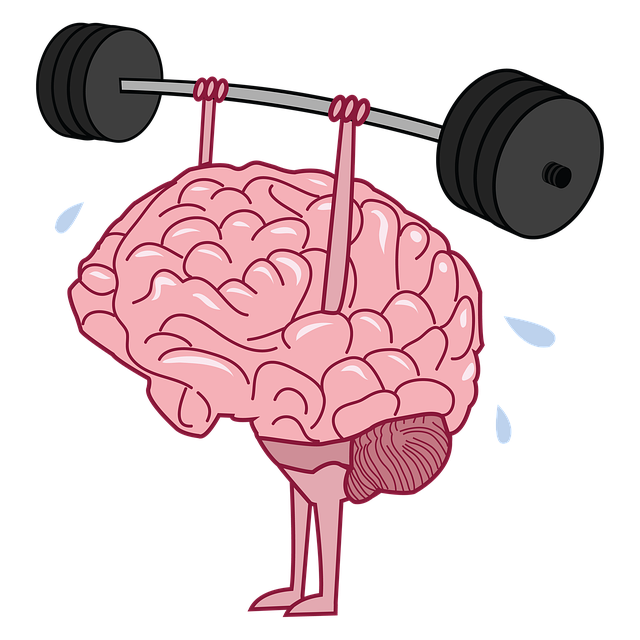Developing a marketing strategy for a mental wellness app catering to adults with developmental disabilities requires understanding their unique challenges, such as autism spectrum disorder (ASD) or intellectual disabilities. The app should highlight personalized therapy approaches, including self-awareness, social skills training, and trauma support, positioning it as a reliable companion for improved mental health. Marketing channels like Instagram, Facebook, content marketing, influencer collaborations, and community groups can effectively reach this audience while overcoming stigma barriers. Measuring success through KPIs like user engagement and retention rates is crucial for continuous improvement, with updates addressing pain points and incorporating user feedback to enhance emotional regulation and satisfaction.
In today’s digital age, mental wellness apps offer crucial support for adults with developmental disabilities, enhancing their access to therapy and improving overall well-being. This article explores a comprehensive marketing strategy development guide. We delve into understanding your target audience, crafting compelling messages that highlight the benefits of therapy, and choosing effective marketing channels to reach this specific demographic. Additionally, we discuss data-driven strategies for measuring success and iterating for app growth, ensuring a positive impact on users’ lives.
- Understanding Your Target Audience: Adults with Developmental Disabilities
- Crafting Compelling Messaging: Highlighting the Benefits of Therapy
- Choosing Effective Marketing Channels: Reaching the Right Users
- Measuring Success and Iteration: Data-Driven Strategies for App Growth
Understanding Your Target Audience: Adults with Developmental Disabilities

Understanding your target audience is a crucial step in developing an effective marketing strategy for a mental wellness app, especially when catering to adults with developmental disabilities. This demographic often faces unique challenges related to their conditions, which significantly influence their therapeutic needs and preferences. For instance, individuals with autism spectrum disorder (ASD) may require tailored support for social interaction and communication, while those with intellectual disabilities might benefit from simple, accessible interfaces and clear instructions.
Marketing efforts should focus on highlighting the app’s ability to provide personalized therapy for adults with developmental disabilities. Features such as Self-Awareness Exercises can help users understand their emotions and triggers, while Social Skills Training modules can foster better interactions. Trauma Support Services are also essential, offering safe spaces for processing past experiences. By addressing these specific needs, your mental wellness app can become a reliable companion on the journey to improved mental health and well-being.
Crafting Compelling Messaging: Highlighting the Benefits of Therapy

In today’s fast-paced world, mental wellness is a cornerstone of overall health and well-being. Crafting compelling messaging for an app aimed at adults with developmental disabilities should focus on highlighting the benefits of therapy in accessible and relatable terms. Emphasize how therapy provides tools and strategies to manage stress reduction methods, fostering self-care practices that can be incorporated into daily routines.
By promoting mental wellness coaching programs development, the app can offer tailored guidance for navigating life’s challenges. Incorporate mental wellness journaling exercise guidance to encourage users to track their progress, reflect on achievements, and identify areas for growth. This messaging not only appeals to adults with developmental disabilities but also empowers them to take charge of their mental health in an inclusive and supportive manner.
Choosing Effective Marketing Channels: Reaching the Right Users

Choosing effective marketing channels is a strategic move to ensure that your mental wellness app reaches the intended audience—those seeking therapy for adults with developmental disabilities. This involves a careful balance between leveraging digital platforms popular among your target demographic and employing targeted advertising to bypass the stigma often associated with mental illness. Social media, particularly platforms like Instagram and Facebook, offer robust targeting options based on age, interests, and even psychological wellness indicators. These tools can help you connect directly with adults facing developmental challenges who are open to exploring therapy and self-care routines for better emotional well-being.
In addition to social media, consider content marketing strategies that focus on educating and reducing the stigma surrounding mental illness. Blogs, podcasts, or videos addressing common concerns and offering practical self-care routine development tips can attract users seeking support. Collaborating with influencers or community groups advocating for mental illness stigma reduction efforts can further expand your reach. By combining these channels, you can effectively market your app to the right users while promoting emotional well-being promotion techniques tailored to their unique needs.
Measuring Success and Iteration: Data-Driven Strategies for App Growth

Measuring success is a cornerstone of any effective marketing strategy, especially for mental wellness apps targeting adults with developmental disabilities. By tracking key performance indicators (KPIs) such as user engagement, retention rates, and completion of therapeutic modules, developers can gain valuable insights into what resonates with their audience. This data-driven approach allows for continuous improvement and refinement of the app’s features and content, ensuring it remains relevant and beneficial.
Iterative development based on user feedback and analytics is crucial to fostering growth. Implementing Mind Over Matter principles in the design process can enhance emotional regulation among users, leading to higher satisfaction and adherence. Regular updates that address pain points and incorporate user suggestions not only improve the app’s functionality but also demonstrate a commitment to meeting the unique needs of adults with developmental disabilities, encouraging continued engagement and word-of-mouth promotion.
Developing a marketing strategy for a mental wellness app focused on adults with developmental disabilities requires a nuanced approach. By understanding your target audience, crafting compelling messaging that emphasizes therapy’s benefits, and choosing the right marketing channels, you can effectively reach and support this community. Utilize data-driven measures to track success and iterate, ensuring continuous improvement in app growth and user engagement for those seeking Therapy for Adults with Developmental Disability.
